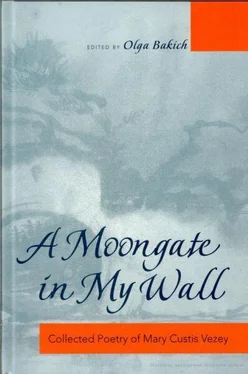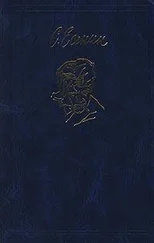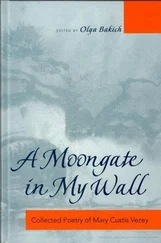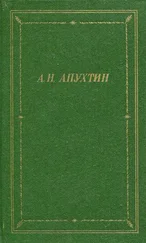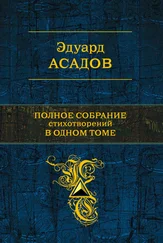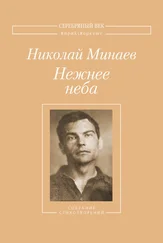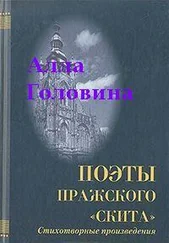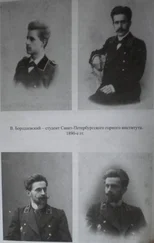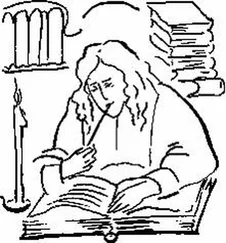Translation of "We needs must be divided in the tomb," Sonnet XXV from George Santayana Sonnets and Other Verses (1894).
Translation of "Oh if the heavy last unuttered groan," Sonnet XXVI from George Santayana Sonnets and Other Verses, 1894.
Translation of "Свирель запела на мосту" (1908).
For М.А. Зырянова see note on poem 46. The quote m the text «Как много в этом слове / для сердца юного слилось» is modified from the lines «Москва… как много в этом звуке/Для сердца русского слилось!/Как много в нем отозвалось!» in A.S. Pushkin’s Eugene Onegin, Chapter 7, XXXVI.
Translation of "Канцона вторая" from N. Gumilev, Костер (1918), and later included in К синей заезде (1923). Vezey translates the modified text in К синей звезде, where the second stanza is "Переброшен к нам светлый мост./И тебе о нас говорят / Вереницы ангелов-звезд,/Что по-разному все горят." See N. Gumilev, Собрание сочинений, Washington, 1961, II, р. 288, note on poem 237.
Translation of «Усните блаженно, заморские гости, усните» (1908).
The manuscript is dated 9 November 1929. In the 1960s the poem was published in the newspaper Russkaia zhizn', San Francisco, where the first line of the second stanza read: «Даже в самый трудный час в пустыне», and the last line of the poem "и позволил песни петь людские?» The poem was later included in its original form in the collection Golubaia trava, p. 9.
Later included in Golubaia trava, p. 16, under the title «На берегу».
Later included in Golubaia Irava, p. 13.
Later published in the journal Delo, San Francisco, no. 3,1951, and then included in the collection Golubaia trava, p. 18, under the title «Самарянин», for which see Luke 10:33.
Later included in the collection Golubaia trava, p. 20.
Later included in (he collection Golubaia trava, p. 11, under the title «В Великий пост» where the third line of the second stanza was «и стану вся прозрачней воска».
It was later included in the collection Golubaia trava, p. 21, with a dedication to «B.B.» i.e., Vladimir Vezey; see note on poem 54.
It was later published in the journal Delo, San Francisco, no. 3, 1951, and then included in the collection Golubaia trava, p. 12.
L ater included in the collection Golubaia trava, p. 23. The epigraph is taken from the poem «To Helen» by Edgar Alan Poe.
It was later included in the collection Golulwia trava, p. 19
It was later published in the annual Den' russkogo rebenka, San Francisco, no. 18, 1951, p. 241, where the first two lines of the last stanza read: «и от упавшего луча, / от лунного меча». It was included in the collection Golubaia trava, p. 10, under the title «Ноктюрн 1».
It was later published in the annual Den' russkogo rebenka (San Francisco), no. 18, 1951, p. 243.
Тамара is the heroine of M.Iu. Lermontov's poem Demon.
It was later published in the journal Vozrozhdenie. Paris, no. 215, 1969, p. 57, where the first line was "Когда погаснут на пути огни." It was then included in the collection Golubaia trava, p. 6, in its original from. In Golubaia trava the poem is dedicated to "E.T." — Evgenii Fedorovich Tourkoff, Mary Vezey's husband. Poems 216, 219, 221, 374, 400, 462, and the whole of the collection Golubaia trava are dedicated to him.
This and the next six poems comprise a cycle. The first poem of the cycle was later published in the journal Khnrbinskie kommercheskie uchilishcha Kit. Vost. zhel. dor., San Francisco, no. 4,1957, p. 53, without the epigraph. Liter the first poem was included in the collection Golubaia trava, p. 22, under the title «Мимоходом» and with an epigraph from a poem of Andrei Blokh, an emigre poet who lived in France. The dates of his birth and death are not known; he published two collections of poetry in Paris in 1927 and in 1929.
Dated 18 September and dedicated to K.M. in the manuscript. Poems 200 and 304 are also dedicated to him. In the manuscript the fourth line of the first stanza read «и мягче руки, и пушистей косы».
Dedicated to К.М. in the manuscript, where the third and fourth lines of the fourth stanza road «и больше будет нечего просить, / и лучшего ты счастья не захочешь!» Poems 198 and 304 are also dedicated to him.
It was later included in the collection Golubaia trava, p. 17 under the title «Плач.»
The manuscript has a notation «31 августа ночью, у В. на даче».
In one of the copies of the collection Mary Vezey added a handwritten dedication: «B.B.» See note on poem 54.
The whole collection is dedicated "Моему мужу," i.e., to E.F. Tourkoff. See note on poem 193.
For E.T. see note on poem 193.
Дочка: Ol'ga Evgen'evna Tourkoff. Poem 434 is also dedicated to her.
It was first published in the journal Kharbinskie kommercheskie uchilishcha Kit. Vost. zhel. dor., San Francisco, no. 10, 1971, p. 61, without dedication or epigraph; the first two lines of the last stanza read: "и будет хмурое небо / укутывать купола." For Андрей Блох see note on poem 195. For E. Мосолова see note on poem 21.
For E.T. see note on poem 193.
Golubaia trava, p. 27. First published in the journal Kliarbinskie kommerclieskie uchilislicha Kit.Vost. zliel. dor., San Francisco, no. 10,1971, p. 61, without title or dedication; the name Salfeve was given in Russian transcription in the first line. In the collection Golubaia trava there was a misprint in the second line of the first stanza ("где острогов Альп чернили склоны"), which was corrected by Mary Vezey in one of the copies. For B.B. see note on poem 54.
The manuscript is dated 7? February 1964, Wednesday. The poem was first published in the anthology of Russian emigre poetry Sodruzhestvo, Washington, 1966, p. 117, without title or dedication. For E.T. see note on poem 193.
Читать дальше
